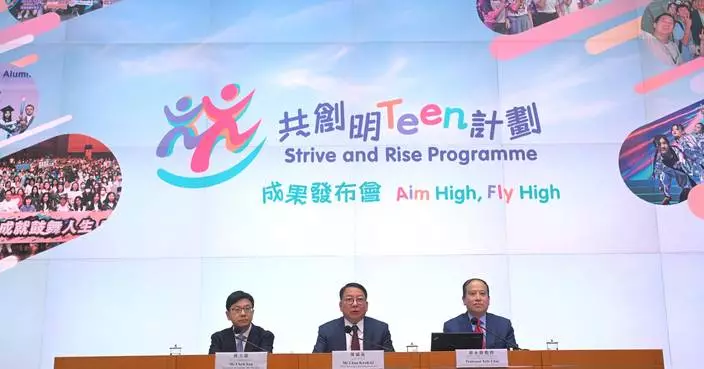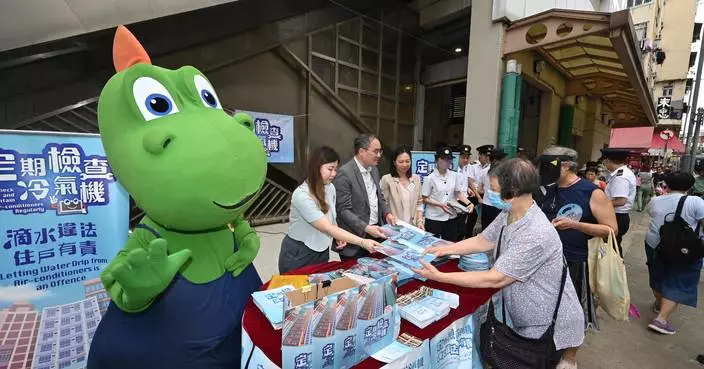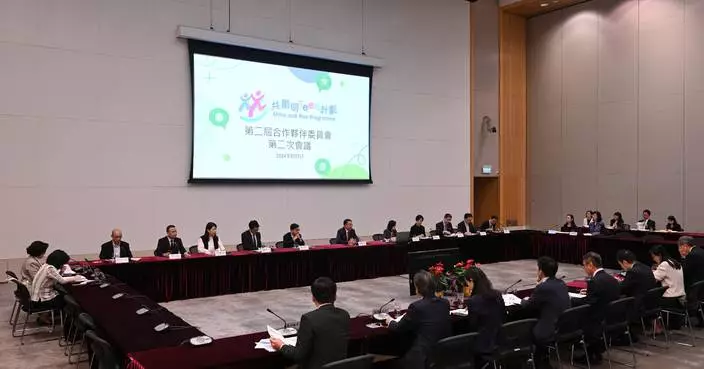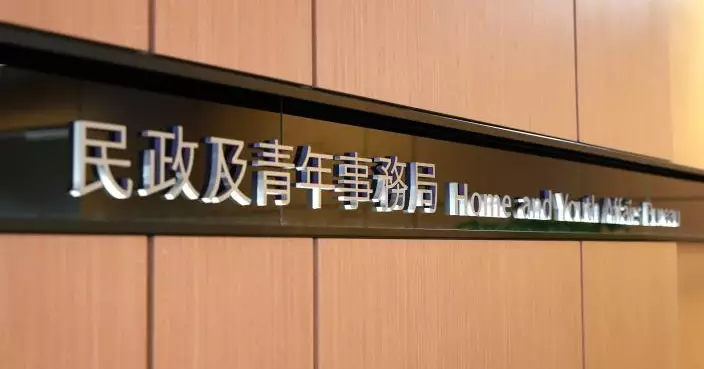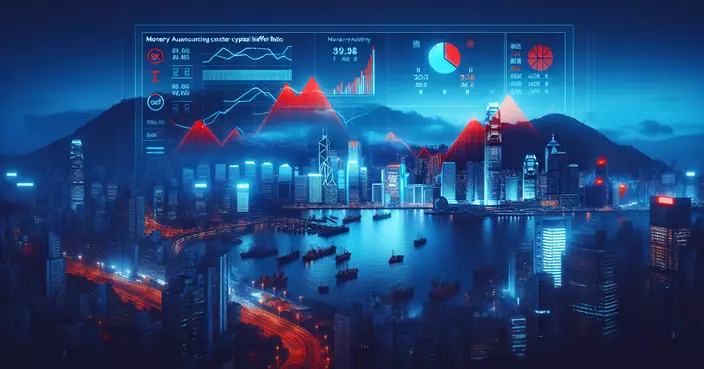Development bureau cracks down on contractors following deadly industrial incident at sewer cleansing site
A spokesman for the Development Bureau (DEVB) said today (April23) that the Government attaches great importance to construction site safety. In response to the fatal industrial incident at the sewer cleansing worksite in Sha Tin today, the DEVB, being the party to procure services for public works, has suspended the contractors concerned from tendering for public works contracts pursuant to the regulating regime.
The spokesman said that the contractors concerned were under the List of Approved Contractors for Public Works (the List). The DEVB issued notifications to the contractors concerned today to suspend them from tendering for public works contracts in the roads and drainage category with immediate effect. The contractors concerned have to conduct an independent safety audit to review their safety management system. Taking cognisance of the outcome of the independent safety audit, the contractors are required to submit an improvement action plan and implement improvement measures, with a view to demonstrating that they have an effective safety management system before uplifting of the suspension from tendering can be considered. The suspension from tendering is not only confined to future tender exercises, but is also applicable to tender exercises with procedures initiated but not concluded.
Relevant government department is investigating this industrial incident and will handle it in accordance with the law. Subject to the investigation findings, the DEVB will impose further regulating actions on the contractors concerned later on, including extension of the period of suspension from tendering for public works contracts and even removal from the List.

Source: AI-generated images
High-level meeting with japanese officials: urgent concerns over fukushima's nuclear contaminated water discharge
The Secretary for Environment and Ecology, Mr Tse Chin-wan, met the Parliamentary Vice-Minister for Agriculture, Forestry and Fisheries, Mr Takahashi Mitsuo, and the Consul-General of Japan in Hong Kong, Mr Kenichi Okada, today (May 3) upon request and discussed about the discharge of nuclear-contaminated water in Japan.
Mr Tse reiterated at the meeting that the Hong Kong Special Administrative Region (HKSAR) Government has come to the view that there is currently no guarantee from the Japanese authorities that their purification and dilution system can operate continuously and effectively in the long term, and that the discharge will not pose any potential risks to food safety and marine ecology. Safeguarding food safety and public health in Hong Kong is the responsibility of the HKSAR Government, thus corresponding precautionary measures must be taken. The HKSAR Government will closely monitor developments of the discharge, so as to obtain more monitoring and scientific data in order to further examine the impact of the Fukushima nuclear-contaminated water discharge on food safety, and keep under review relevant counter measures. Should anomalies be detected, the Government does not preclude further tightening the scope of the import ban.
In response to the Japanese Government's earlier decision to discharge nuclear-contaminated water at the Fukushima Nuclear PowerStation into the sea, the Director of Food and Environmental Hygiene issued a Food Safety Order which prohibits all aquatic products, sea salt and seaweeds originating from the 10 metropolis/prefectures, namely Tokyo, Fukushima, Ibaraki, Miyagi, Chiba, Gunma, Tochigi, Niigata, Nagano and Saitama, from being imported into and supplied in Hong Kong.For other aquatic products, sea salt, and unprocessed or processed seaweed from Japan that are not prohibited from being imported into Hong Kong, the Centre for Food Safety of the Food and Environmental Hygiene Department will conduct comprehensive radiological tests to verify that the radiation levels of these products do not exceed the guideline levels before they are allowed to be supplied in the market.
Besides, all vegetables, fruits, milk, milk beverages and dried milk originating from Fukushima are banned from importing into Hong Kong while such foods originating from the four prefectures nearby Fukushima, i.e. Ibaraki, Tochigi, Chiba and Gunma, are allowed to be imported on the condition that they are accompanied with a radiation certificate and an exporter certificate issued by the Japanese authority. Chilled or frozen game, meat and poultry, and poultry eggs originating from the above five prefectures are allowed to be imported on the condition that they are accompanied with a radiation certificate issued by the Japanese authority which shows the radiation levels do not exceed the guideline levels of the Codex Alimentarius Commission.

Source: AI-generated images




